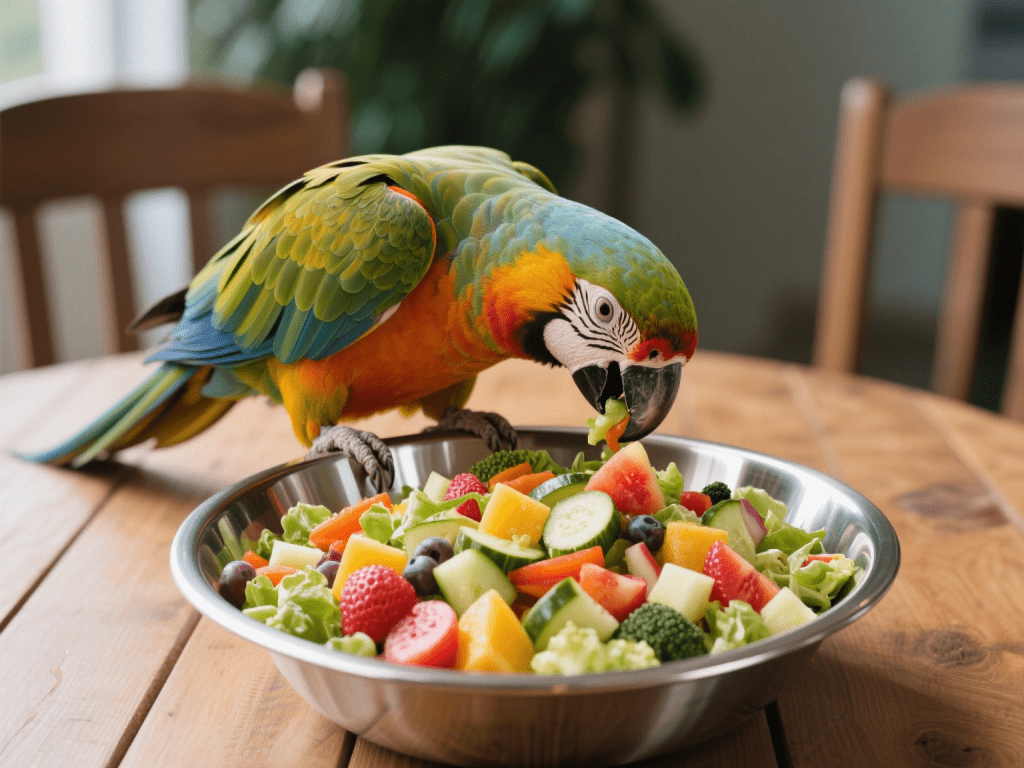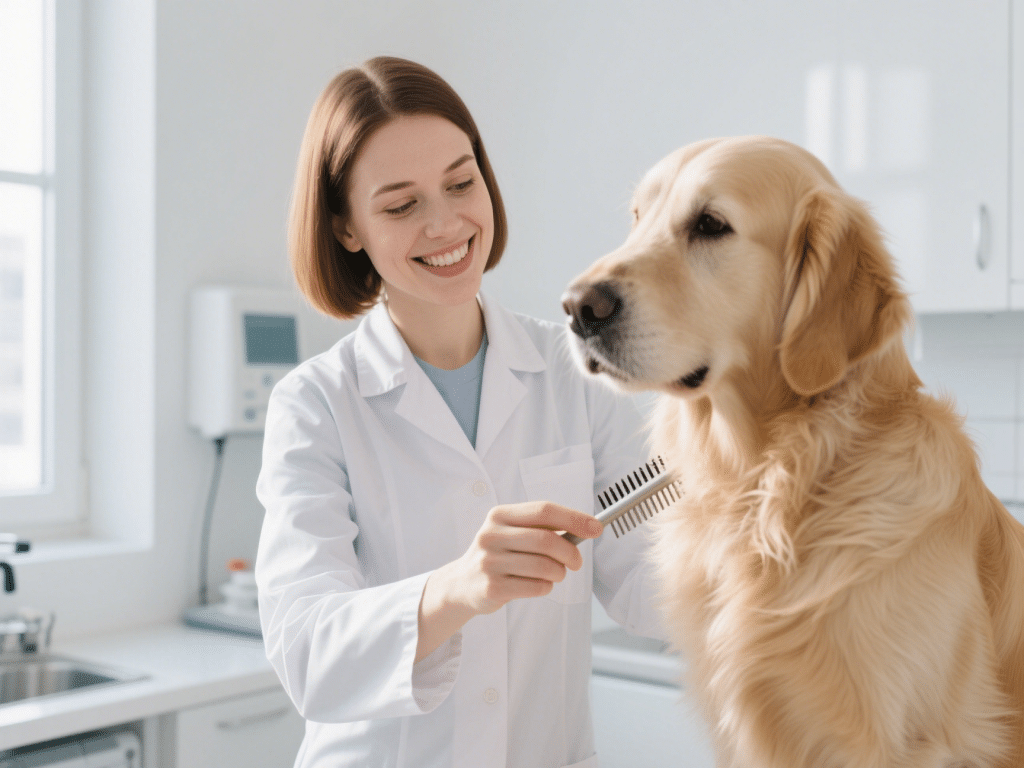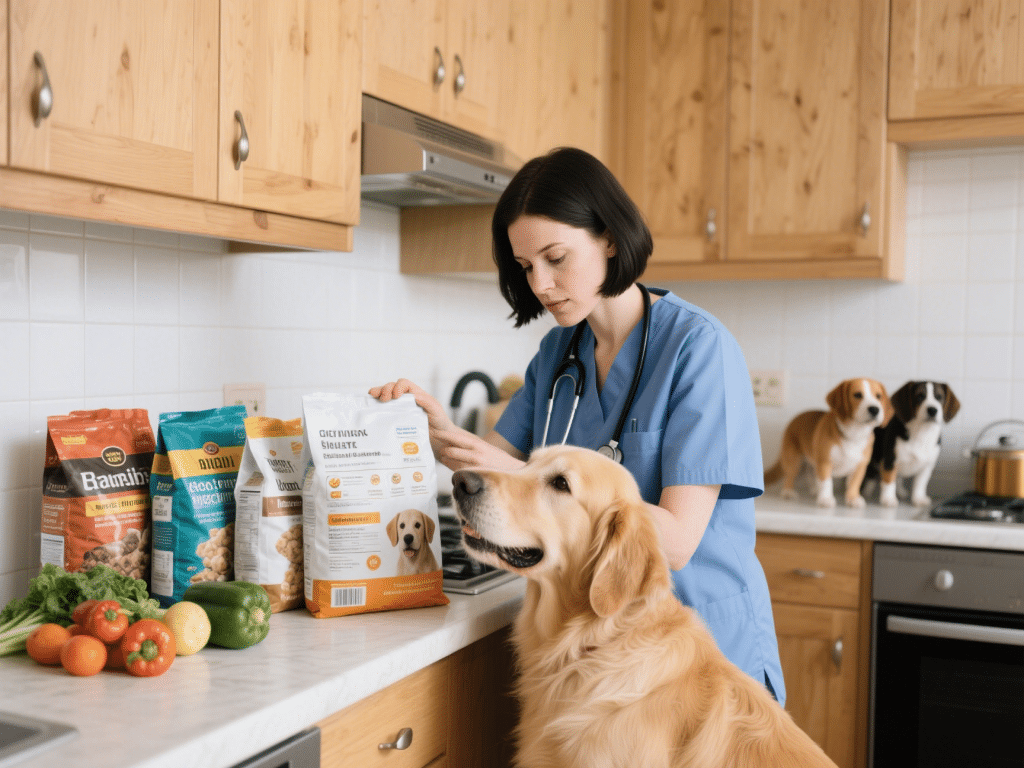Understanding Dog Nutrition: What to Feed Your Canine Companion
Understanding Dog Nutrition: What to Feed Your Canine Companion
Proper nutrition is the cornerstone of your dog’s health, longevity, and vitality. Understanding canine dietary requirements goes beyond simply filling a bowl – it requires knowledge of species-specific needs, life stage requirements, and individual health considerations. This guide provides evidence-based information to help you make informed decisions.
The Core Principles of Canine Nutrition
Dogs are omnivores with a carnivorous bias. Their ideal diet must include:
High-Quality Protein: The foundation of canine health. Essential for muscle maintenance, immune function, and tissue repair. Sources: Meat (chicken, beef, lamb, fish), eggs, organ meats. Aim for named meat sources (e.g., “chicken meal,” “salmon”) high on the ingredient list. Adult dogs typically need 18-25% protein (dry matter basis); puppies, pregnant/nursing females, and active breeds require more (22-32%).
Healthy Fats: Provide energy, support brain function, and maintain skin/coat health. Look for Omega-3 (fish oil, flaxseed) and Omega-6 fatty acids (poultry fat, vegetable oils). Crude fat content should generally be 10-15% for adults.
Digestible Carbohydrates: Provide energy and fiber. While not strictly essential, they are valuable energy sources. Sources: Whole grains (brown rice, oats), vegetables (sweet potatoes, peas, carrots), legumes. Avoid excessive fillers like corn syrup or unnamed grain fragments.
Vitamins & Minerals: Crucial for metabolic processes, bone health, and cellular function. A balanced commercial food meeting AAFCO (Association of American Feed Control Officials) standards ensures these are present in correct ratios. Calcium, phosphorus, Vitamins A, D, E, and B-complex are particularly vital.
Water: The most critical nutrient. Ensure fresh, clean water is available at all times. Dogs need approximately 1 ounce of water per pound of body weight daily.
Choosing the Right Commercial Food
Navigating the pet food aisle can be overwhelming. Follow these steps:
Look for the AAFCO Statement: Guarantees the food meets minimum nutritional profiles for a specific life stage (“All Life Stages,” “Adult Maintenance,” “Growth,” etc.).
Decode the Ingredient List: Ingredients are listed by weight pre-processing. Prioritize foods where high-quality proteins (named meats/meals) are the first ingredients. Avoid vague terms like “meat by-products” or excessive artificial preservatives (BHA, BHT, Ethoxyquin).
Consider Your Dog’s Specifics:
Life Stage: Puppy, adult, senior, pregnant/nursing.
Breed Size: Large/giant breeds have different calcium/phosphorus needs than small breeds.
Activity Level: Working dogs or highly active pets need more calories and protein.
Health Conditions: Allergies, kidney disease, obesity, or joint issues require specialized veterinary diets.
Wet vs. Dry Food: Dry food (kibble) aids dental health and is cost-effective. Wet food provides higher moisture content and palatability, beneficial for hydration or picky eaters. Many owners use a combination.
Homemade Diets: Proceed with Caution
While offering control, formulating a nutritionally complete homemade diet is complex and risky without veterinary guidance.
Requires Professional Input: Consult a veterinary nutritionist (DACVN) or your vet using balanced recipes from reputable sources (e.g., BalanceIT.com, books by certified nutritionists).
Common Pitfalls: Severe deficiencies (calcium, taurine, vitamins) or excesses (fat, certain minerals) leading to serious health problems (e.g., dilated cardiomyopathy, bone deformities).
Not Suitable for All: Puppies and dogs with medical conditions have very precise needs difficult to meet at home.
Foods to Absolutely Avoid (Toxic to Dogs)
Chocolate (Theobromine)
Grapes & Raisins (Kidney failure)
Onions, Garlic, Chives (Hemolytic anemia)
Xylitol (Artificial sweetener - hypoglycemia, liver failure)
Macadamia Nuts (Neurotoxin)
Alcohol, Caffeine
Cooked Bones (Splinter hazard)
Common Feeding Mistakes to Avoid
Overfeeding: Leading cause of obesity, linked to diabetes, arthritis, heart disease. Follow feeding guidelines, adjust based on body condition score (ribs should be easily felt, waist visible from above).
Inconsistent Feeding: Free-feeding can lead to weight gain. Scheduled meals (usually 2x/day for adults) aid digestion and housetraining.
Excessive Treats/Tablescraps: Should never exceed 10% of daily calories. Choose healthy treats or use kibble pieces.
Ignoring Individual Needs: Assuming “one size fits all.” Monitor your dog’s weight, energy, coat, and stool quality.
Transitioning Foods & Monitoring
Transition Slowly: Over 7-10 days, gradually mix increasing amounts of new food with old food to prevent gastrointestinal upset.
Observe: Watch for changes in appetite, energy, stool consistency, skin/coat condition, and weight. Report concerns to your vet.
Partnering with Your Veterinarian
Your vet is your best resource. Discuss:
Your dog’s ideal weight and body condition.
Appropriate food choices for their age, breed, and health status.
Any concerns about allergies or sensitivities.
The suitability and formulation of any homemade diet plans.
Necessary supplements (often not needed with a balanced commercial diet).
Conclusion
Providing optimal nutrition is an active commitment to your dog’s well-being. By understanding their fundamental dietary needs, carefully selecting appropriate commercial foods or seeking expert guidance for homemade options, and avoiding harmful foods and common pitfalls, you empower your canine companion to thrive. Regular consultations with your veterinarian ensure their diet continues to support a long, healthy, and vibrant life.









Comments on "Understanding Dog Nutrition: What to Feed Your Canine Companion" :